The Cane Corso breed is fiercely loyal, intelligent, and protective. Before bringing home a puppy, it’s important to understand their unique characteristics and care requirements. To understand Cane Corso it is important to know their breed’s history, grooming needs, health concerns, training techniques, and nutritional requirements. In this post, we try to cover them all. To know all the tips and tricks for Cane Corso, keep reading about this fascinating bread.
Table of Contents
Understanding Cane Corso Breed
Recognized as a working breed by the American Kennel Club, Cane Corsos require early socialization for good behavior. Cane Corsos are known to be highly loyal and protective of their family members.
Brief History of Dog Breed Cane Corso Puppy
Cane Corsos originated in ancient Rome as guard dogs. They were strong and loyal and used for hunting large game. The breed faced near extinction but was revived in the 1970s. Cane Corso puppies still exhibit their ancestors’ working instincts and are popular in the United States.
Unique Characteristics of Cane Corso Puppies
| 1 | Cane Corso puppies exhibit a muscular appearance from a young age. |
| 2 | They are known for their deep chest, which contributes to their endurance and blood flow. |
| 3 | These puppies come in various coat color variations, such as black, gray, or fawn. |
| 4 | Early obedience training is crucial for shaping their behavior and social skills. |
| 5 | Mental stimulation is essential for the well-being of Cane Corso puppies. |
Size and Physical Attributes of Cane Corso

Cane Corsos are classified as giant breeds. They may experience joint problems such as hip dysplasia. To prevent these issues, feed them smaller meals throughout the day and ensure regular exercise.
General Size of a Cane Corso
Cane Corsos are impressive dogs. They reach heights of 23-28 inches and can weigh 90-120 pounds as adults. Their size makes them great guard dogs. Establishing a feeding schedule is important for their healthy development. With exercise and care, they can live for 9-12 years on average.
Physical Traits That Define a Cane Corso
Cane Corsos have a strong, muscular build and varying coat lengths. They have deep, broad chests for excellent endurance. The breed is recognized for its large heads and powerful jaws, giving them a commanding appearance. Despite their protective instincts, Cane Corsos are gentle towards their family members.
Cane Corso’s Adaptability
Cane Corsos are adaptable dogs that can thrive in any environment. Early socialization is important for getting along with pets and family members. They can handle different climates, but extreme temperatures may be an issue. Regular mental stimulation prevents boredom and destructive behavior. Cane Corsos can fit well into any family size, but early training is crucial for good behavior.
Adapting to Different Environments
Cane Corsos can adapt to various living environments, including apartments. For this, they need regular exercise. Early socialization is important for coexistence with smaller pets like cats. They are loyal and protective companions. Early obedience training is necessary due to their protective nature. Cane Corsos thrive in different environments and provide security and love to their owners.
Compatibility with Families and Other Pets
Grooming Needs of a Cane Corso
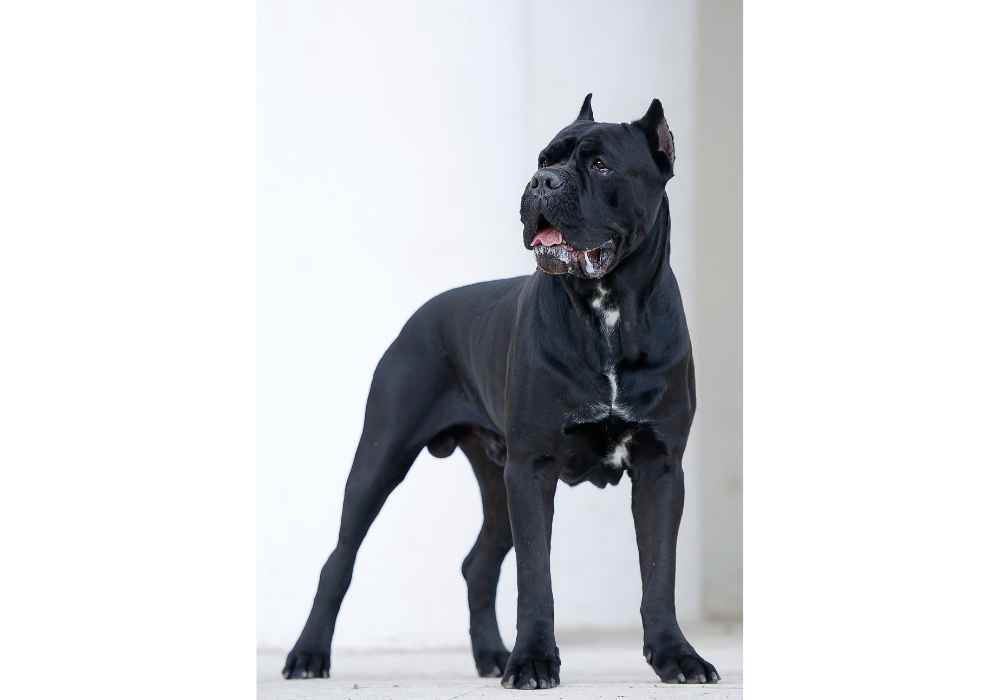
Cane Corso’s coat requires less grooming than other breeds. Baths are only necessary if the dog gets dirty. Regular nail trims prevent discomfort and gait issues. Dental care, such as teeth brushing, is important for good oral health in Cane Corso puppies.
Coat Care and Grooming Requirements
Importance of Regular Exercise
Regular exercise is crucial for the well-being of Cane Corso puppies. It supports their physical and mental health, preventing issues like obesity and joint problems. Insufficient exercise can result in behavioral problems like anxiety and aggression.
Health Concerns for Cane Corso
Cane Corsos are prone to several health problems that owners should be aware of. They can suffer from some common health issues that dogs have. Regular check-ups, exercise, and a healthy diet can help prevent or manage these health concerns.
Common Health Issues in Cane Corsos
Preventive Measures and Regular Check-ups
Regular veterinary check-ups are crucial for the overall health and well-being of your Cane Corso puppy. Make sure to stay up to date with vaccinations and preventive measures for parasites. Provide proper nutrition and regular exercise to keep your puppy healthy. Take care of their dental hygiene by brushing their teeth regularly and offering appropriate chew toys.
Training Your Cane Corso Puppy
Training your Cane Corso puppy at an early age is crucial. Use positive reinforcement to encourage good behavior and discourage bad behavior. Socialize your puppy with people and other dogs to prevent aggression and fear issues. Teach basic obedience commands such as sit, stay, come, and heel. Consider enrolling in a puppy training class or hiring a professional trainer for advanced options.
Understanding Cane Corso’s Behavior
Cane Corsos have a calm and confident temperament, making them great guard dogs and loyal companions. Training and socialization are crucial for their development. Responsible breeding and adoption practices are important for the breed’s well-being.
Effective Training Techniques for Cane Corso
Nutritional Needs of a Cane Corso

To ensure your Cane Corso puppy’s optimal health and development, focus on their nutritional needs. Muscular dogs need a protein and fat-rich diet for growth and a sleek physique. Omega-3 fatty acids can also benefit their joint health. Keep your puppy hydrated with fresh water throughout the day. Consider supplementing their diet with vitamins or probiotics for enhanced health.
Recommended Diet for Cane Corso
To ensure the growth and energy of Cane Corsos, a balanced diet is essential. Feed them high-quality dog food with meat-based proteins. Home-cooked or raw diets can be beneficial if approved by a veterinarian. Monitor their weight and adjust feeding accordingly.
How Much to Feed a Cane Corso?
To determine how much to feed your Cane Corso, consider factors such as age, weight, and activity level. Adult Corsos typically require 2-3 cups of high-quality dry dog food per day. Puppies should be fed smaller meals throughout the day, gradually increasing the amount as they grow.
Caring for a Cane Corso
To keep your Cane Corso healthy and happy, you need to provide proper care. This includes a balanced diet, exercise, grooming, and regular vet visits. Socialization and training are also important. Addressing breed-specific health concerns like hip dysplasia is crucial for their well-being.
Essential Care Tips for Cane Corso
| 1 | Regular exercise is essential for your Cane Corso’s health and well-being. |
| 2 | It helps maintain their physical and mental well-being. |
| 3 | Proper nutrition, consistent training, socialization, and routine grooming are also important. |
| 4 | Regular veterinary check-ups are necessary to monitor your dog’s overall health. |
Ensuring the Emotional Well-being of Cane Corso
| 1 | To ensure emotional well-being, Cane Corsos needs plenty of exercise and mental stimulation. |
| 2 | Socialize Cane Corso puppies early to help them feel comfortable around people and other animals. |
| 3 | Establish a routine for feeding, sleeping, and playing to make your puppy feel secure and comfortable. |
| 4 | Giving them plenty of love, attention, and positive reinforcement will help create a strong bond between you and your puppy. |
Is Cane Corso the Right Breed for You?
Cane Corso is a loyal, protective, and intelligent breed. Still, it may not be suitable for everyone. Consistent training, socialization, exercise, and mental stimulation are essential. Evaluate your lifestyle, living situation, and ability to provide proper care before bringing home a Cane Corso.
Things to Consider Before Adopting a Cane Corso
Frequently Asked Questions
Is a Cane Corso a good family dog?
Cane Corsos can make great family dogs with proper training and socialization. Their loyalty and protective nature make them excellent guard dogs. Due to their size and strength, they may not be the best fit for families with young children or seniors.
Is a Cane Corso dog a pit bull?
No, a Cane Corso is not a pitbull. These are two separate breeds of dogs. Cane Corsos are large, muscular dogs with a dominant personality.
What are the most common Cane Corso mixes?
Some popular Cane Corso mixes include Labrador Retriever, Boxer, and Pitbull. These mixes can have a unique combination of traits from both breeds, making them distinct in appearance and temperament.
How much does a Cane Corso cost?
The cost of a Cane Corso puppy can vary depending on the breeder and location. On average, prices range from $1,500 to $4,000. Other expenses like food, grooming, and veterinary care should also be taken into consideration.
Conclusion
Cane Corsos are a unique breed. It requires special care and attention. It’s important to understand the characteristics of a Cane Corso before bringing one into your home. Training and providing emotional well-being are crucial for a happy and well-behaved Cane Corso. It’s important to be fully prepared and committed to being a responsible owner.
Share me if you have any stories and thoughts. I will love to read your feedback. Stay with dog cluster and gather knowledge about dog.
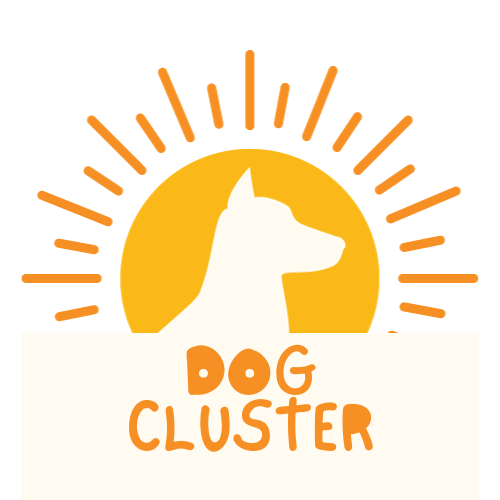

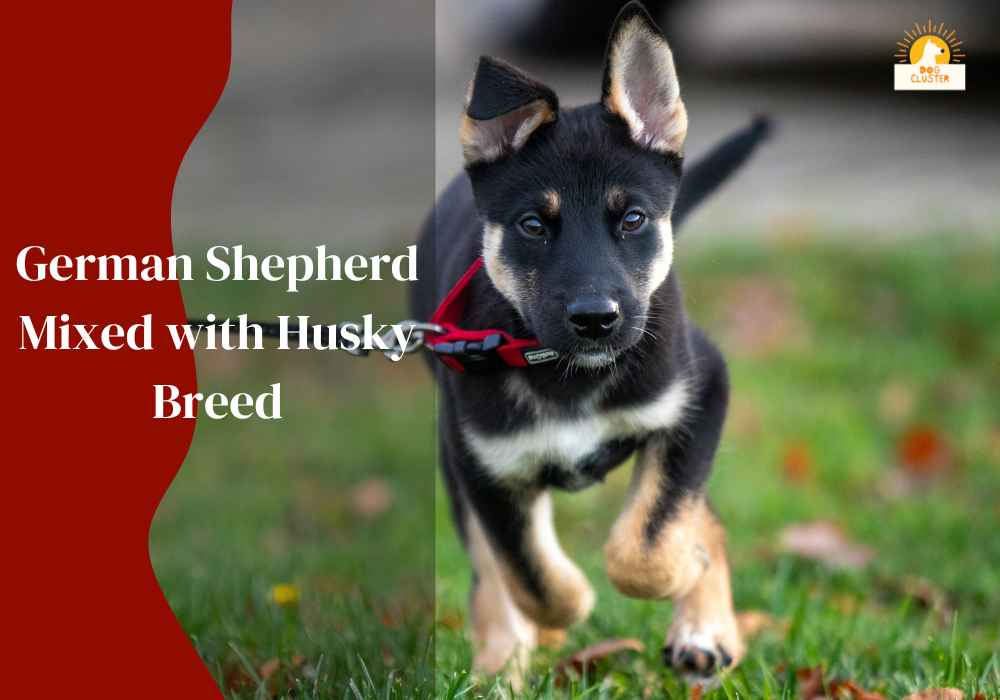
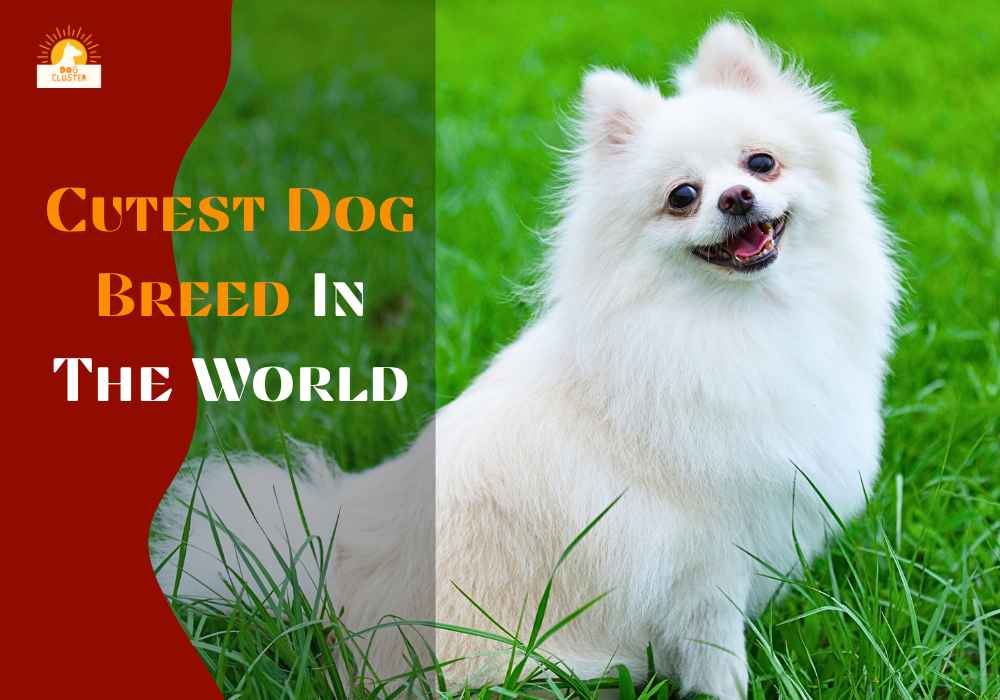
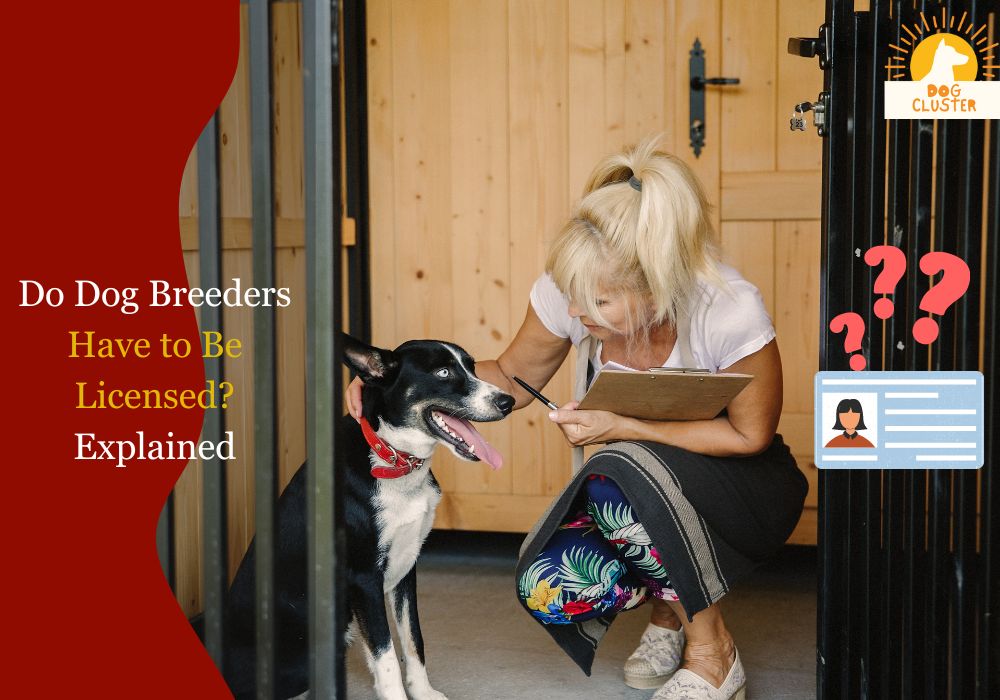
Leave a Reply